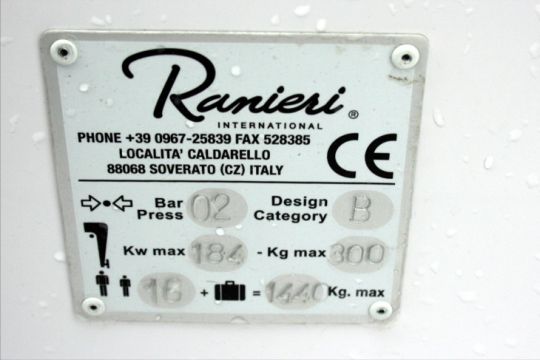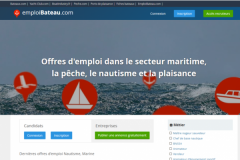Anticipate a Brexit without agreement
In view of the difficult negotiations between the European Union and the United Kingdom, anticipating trading conditions between the two shores of the Channel is a complex exercise. However, the deadline of 30 March 2019 for the signing of an agreement is fast approaching. When asked, the Fédération des Industries Nautiques is waiting for more information to address its members. For its part, the International Council of Marine Industry Associations (ICOMIA), which brings together national sectoral associations, is launching a call to the yachting industry in a guide outlining the measures to be taken. It is aimed both at European companies wishing to sell boats in Great Britain and at marketers currently based in the United Kingdom, or using them as a bridgehead for Europe.
Certify CE or UK boats
Problems related to taxation, whether customs tariffs or VAT, are mentioned quickly, but will be updated in the document because the outline is still unclear. Tariffs of 2.3% to 4.2% upon entry into the EU are possible if the WTO agreements are withdrawn.

The main point raised by the ICOMIA document is that of compliance with EC regulations and certification. Conformity is attested by notified bodies, accredited by the European Union. In the event of exit without agreement, the British bodies will automatically lose their European accreditation, says ICOMIA. Manufacturers, whether British or foreign, working with them are invited to anticipate a new certification by a notified body from one of the 27 countries remaining in the EU. ICOMIA indicates that it is not yet aware of any facilities for the recognition and transfer of existing certificates.
On the other hand, British bodies will become referents for UK certification, initially based on existing European standards. Companies wishing to import nautical equipment into the United Kingdom will have to submit a certification file.
The application of an 18-month transition period to nautical products has yet to be clarified, says ICOMIA.
While the elements mentioned are those of a lack of agreement that is still uncertain, the scale of the costs and approaches encourage professionals to anticipate future budgets and deadlines.




















